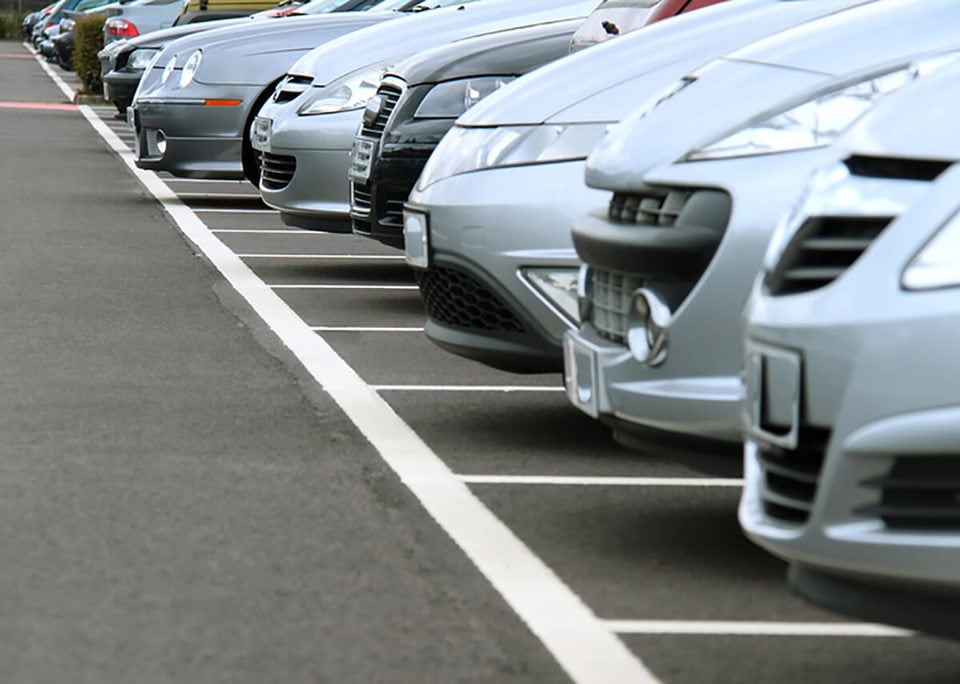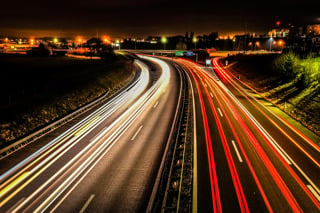Tax experts at MHA MacIntyre Hudson have welcomed HMRC’s clarification on benefit-in-kind (BIK) tax rules as fleets come to terms with life under lockdown.
HMRC's clarification that company cars will not be seen as available for benefit in kind tax purposes, where they are ‘virtually’ handed back by returning keys and fobs has been welcomed in many quarters, says MHA MacIntyre Hudson.
However, it argues that it may not go far enough in dealing with the associated issues of having a car outside that can’t be accessed, moved in an emergency situation or maintained which the industry and HMRC may need to consider further.
MHA MacIntyre Hudson’s efforts to seek an amendment to the unavailability rule relating to consecutive days of unavailability by perhaps reducing from the current 30 days to 21 days have been rejected and so even handing back may not save BIK for drivers and National Insurance Contributions for employers if the car is reinstated within 30 days.
Another and perhaps more burning issue is private fuel benefits, says MHA MacIntyre Hudson.
Even if a car is not withdrawn the private fuel benefit can be. This, it says, does not need a physical return of the fuel card, but it will need a change of policy and employee agreement.
However, private fuel benefits are based on a full tax year calculation, which is then reduced proportionately if the car is unavailable for part of the year and can also be reduced if free fuel is withdrawn in a tax year and not reinstated.
This may require some careful management and changes to policy and process when fleets ‘return to normal’, says MHA MacIntyre Hudson.
But acting by April 6 to withdraw private fuel benefits on a car even if it remains available, particularly where we are in lockdown and there can be no private fuel would be a very prudent measure that could result in significant cash savings in tax and NIC for drivers and employees, it suggests.
Advice on how to achieve this in a tax compliant way should be sought from the employers’ professional advisers.
In terms of company car tax, HMRC told Fleet News that the benefit charge applies where a car is made available for private use, whether or not it is so used.
For example, the spokesman said: "A car kept on an employee’s driveway during a period of furlough would still be considered to be made available. Neither would we accept a SORN declaration as proof of unavailability.
"Ordinarily, we would expect that the car is handed back to the employer so that it cannot be used. However, we recognise that under the current circumstances it may not be possible to hand the car itself back, we would accept that where all the keys (or tabs) are in possession of the employer, and the employee does not have the authority to request the keys are returned to them, the car would be unavailable."
To understand the financial impact on registering a company car from April 6 under the new BIK regime, see the latest analysis from Fleet News here.
If you’re a fleet decision-maker, please take three minutes to take our coronavirus survey.
For the latest coronavirus advice for fleet operators, click here.























DG - 02/04/2020 12:20
how about relaxation on those who were to have a new vehicle delivered before 6th April and due to the shutdown cannot get car until everything reopens, therefore increase in BIK tax rates?? my costs will increase approx £200 PA